Intro
Pertussis cough impacts respiratory health, causing persistent coughing fits, respiratory infections, and asthma-like symptoms, affecting overall wellbeing and quality of life.
Pertussis, also known as whooping cough, is a highly contagious respiratory illness that can affect people of all ages. The disease is caused by the bacterium Bordetella pertussis and is characterized by a distinctive cough that can be severe and persistent. Despite the availability of effective vaccines, pertussis remains a significant public health concern, with outbreaks occurring regularly in many parts of the world. In this article, we will explore the ways in which pertussis cough can affect individuals, including its impact on daily life, respiratory health, and overall well-being.
The pertussis cough is a unique and debilitating symptom that can have a significant impact on a person's quality of life. The cough is often described as a persistent, hacking cough that can be accompanied by a distinctive "whoop" sound, which is caused by the sudden inhalation of air after a coughing fit. This cough can be so severe that it can lead to vomiting, rib fractures, and even pneumonia. In addition to the physical symptoms, pertussis can also have a significant emotional and psychological impact on individuals, particularly children and adolescents.
Pertussis is a highly contagious disease that can spread quickly through respiratory droplets, such as those produced by coughing or sneezing. The disease can affect people of all ages, but it is most severe in infants and young children, who may require hospitalization and intensive care. The pertussis vaccine is highly effective in preventing the disease, but it is not 100% effective, and outbreaks can still occur in vaccinated populations. Furthermore, the vaccine's effectiveness can wane over time, leaving older children and adults susceptible to infection.
Pertussis Cough Symptoms
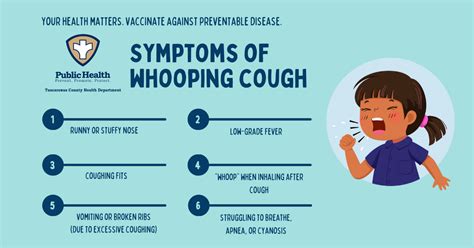
Causes of Pertussis Cough
The causes of pertussis cough are complex and multifactorial. The disease is caused by the bacterium Bordetella pertussis, which is transmitted through respiratory droplets, such as those produced by coughing or sneezing. The bacteria attach to the cilia of the respiratory epithelium, where they produce toxins that cause the characteristic symptoms of the disease. The pertussis vaccine is highly effective in preventing the disease, but it is not 100% effective, and outbreaks can still occur in vaccinated populations.Pertussis Cough Treatment
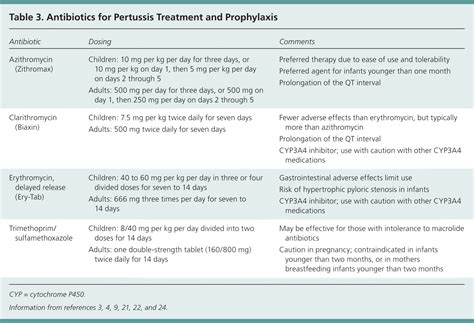
Pertussis Cough Prevention
Prevention is key to controlling the spread of pertussis cough. The pertussis vaccine is highly effective in preventing the disease, and it is recommended for all individuals, particularly children and adolescents. The vaccine is typically administered in combination with other vaccines, such as diphtheria and tetanus toxoids. In addition to vaccination, other preventive measures, such as good hygiene practices, such as frequent handwashing and proper cough etiquette, can help to reduce the transmission of the disease.Pertussis Cough Complications
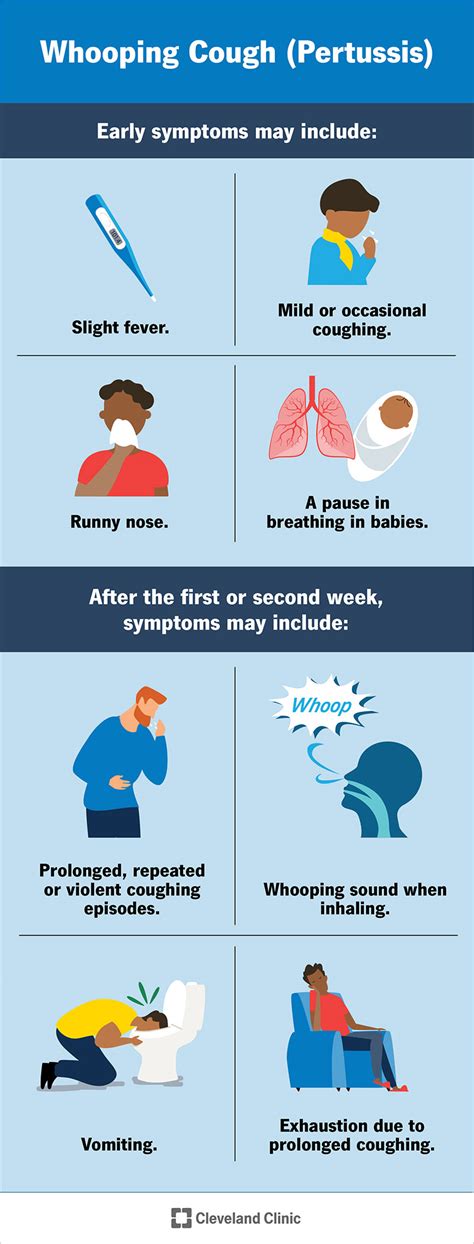
Pertussis Cough Diagnosis
The diagnosis of pertussis cough typically involves a combination of clinical evaluation and laboratory testing. The clinical evaluation involves a physical examination and a review of the individual's medical history and symptoms. Laboratory testing, such as polymerase chain reaction (PCR) or culture, can help to confirm the diagnosis and identify the presence of the bacteria.Pertussis Cough Epidemiology

Pertussis Cough Transmission
The transmission of pertussis cough typically occurs through respiratory droplets, such as those produced by coughing or sneezing. The bacteria can also be transmitted through contact with contaminated surfaces or objects. The disease can spread quickly in crowded areas, such as schools and daycare centers, and can also be transmitted within households.Pertussis Cough Prognosis
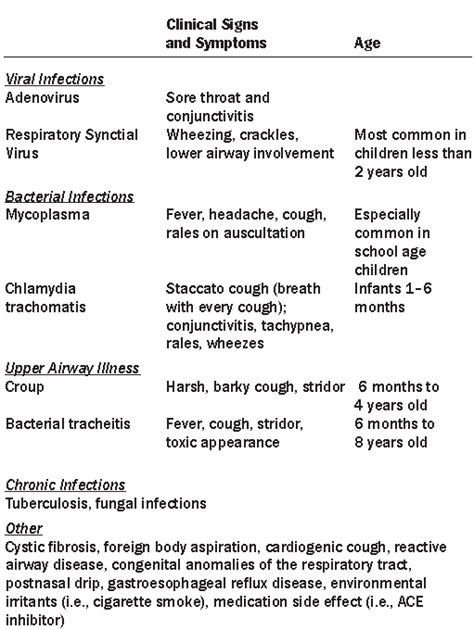
Pertussis Cough Research
Research on pertussis cough is ongoing, with a focus on developing more effective vaccines and treatments. Scientists are also working to better understand the causes and mechanisms of the disease, as well as the factors that contribute to its transmission and severity. Additionally, researchers are exploring new diagnostic tools and techniques, such as PCR and serology, to improve the diagnosis and management of the disease.Pertussis Cough Management
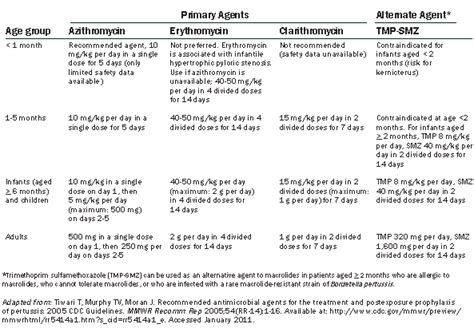
Pertussis Cough Prevention Strategies
Prevention strategies for pertussis cough include vaccination, good hygiene practices, and avoidance of close contact with individuals who are infected. The pertussis vaccine is highly effective in preventing the disease, and it is recommended for all individuals, particularly children and adolescents. Good hygiene practices, such as frequent handwashing and proper cough etiquette, can help to reduce the transmission of the disease.Pertussis Cough Impact on Daily Life
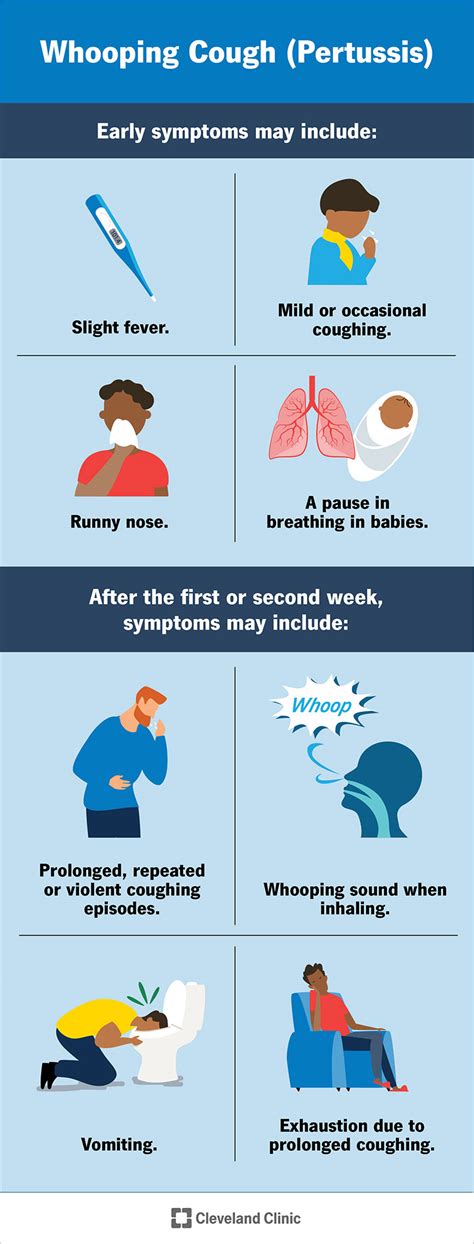
Pertussis Cough Economic Burden
The economic burden of pertussis cough is significant, particularly in terms of healthcare costs and lost productivity. The disease can lead to significant healthcare costs, including hospitalization, antibiotics, and supportive care. Additionally, the disease can lead to lost productivity, particularly for parents and caregivers who must take time off work to care for infected individuals.What are the symptoms of pertussis cough?
+The symptoms of pertussis cough can include a persistent, hacking cough, vomiting, and fatigue. In severe cases, the disease can lead to pneumonia, bronchiolitis, and seizures.
How is pertussis cough diagnosed?
+The diagnosis of pertussis cough typically involves a combination of clinical evaluation and laboratory testing, including PCR and culture.
What is the treatment for pertussis cough?
+The treatment for pertussis cough typically involves a combination of antibiotics and supportive care, including rest, hydration, and cough suppression.
Can pertussis cough be prevented?
+Yes, pertussis cough can be prevented through vaccination, good hygiene practices, and avoidance of close contact with individuals who are infected.
What is the prognosis for pertussis cough?
+The prognosis for pertussis cough is generally good, particularly for individuals who receive prompt and effective treatment. However, the disease can lead to significant morbidity and mortality, particularly in infants and young children.
In conclusion, pertussis cough is a significant public health concern that can have a profound impact on individuals and communities. The disease can cause significant morbidity, including persistent coughing, vomiting, and fatigue, and can lead to significant emotional and psychological distress. However, with prompt and effective treatment, including antibiotics and supportive care, the prognosis for pertussis cough is generally good. By understanding the causes, symptoms, and treatment options for pertussis cough, individuals can take steps to prevent the disease and protect themselves and their loved ones. We invite you to share your thoughts and experiences with pertussis cough in the comments below, and to share this article with others who may be interested in learning more about this important topic.
